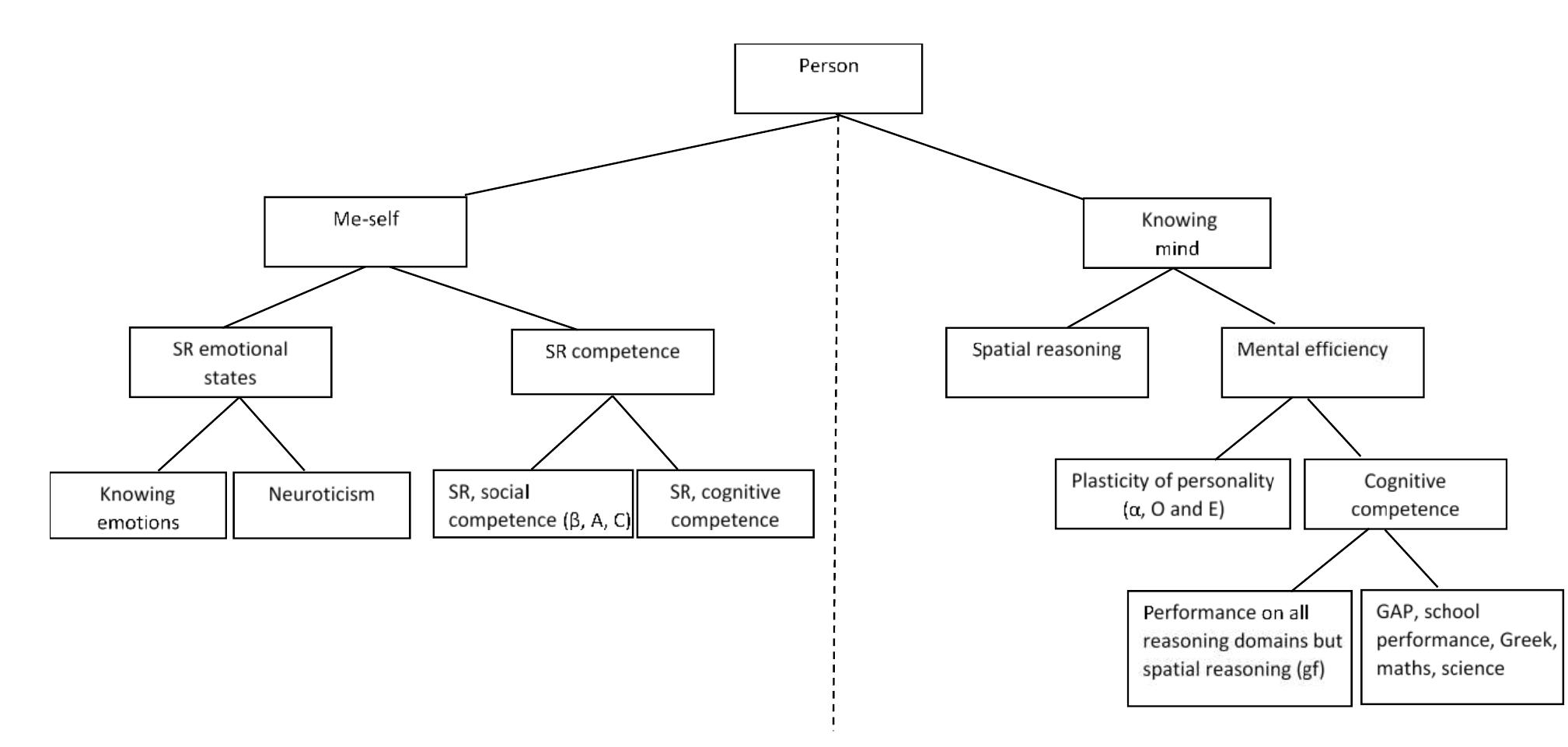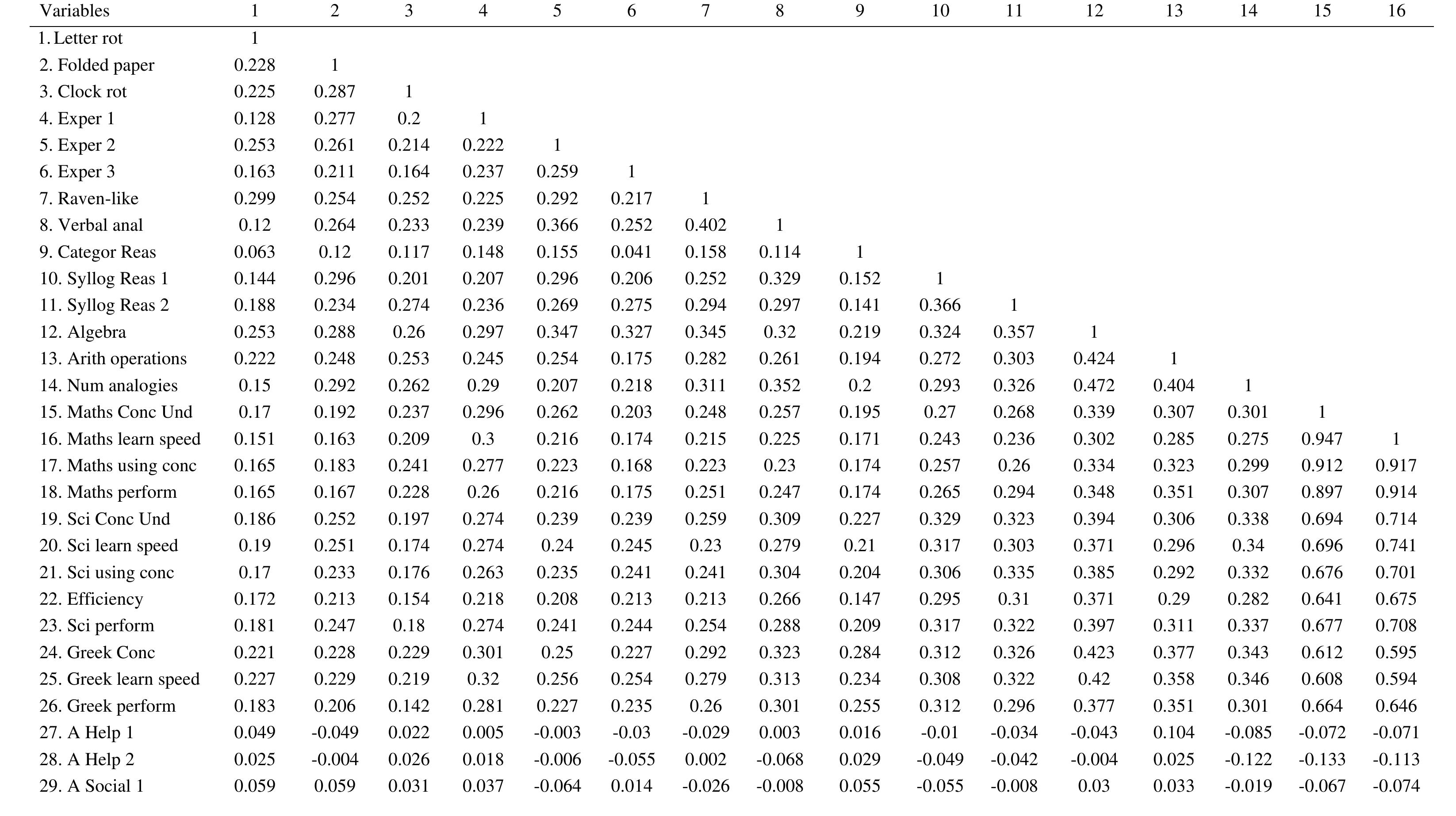Key research themes
1. How do stage-based models describe the progression of cognitive development in children?
This research area focuses on characterizing cognitive development as a series of distinct stages with qualitatively different modes of thinking at each stage. It addresses the sequential acquisition of cognitive abilities such as object permanence, symbolic thought, logical reasoning, and abstract thinking, developed through interaction with the environment and maturation. Understanding these stages informs educational practices and developmental expectations.
2. What are the roles of environmental, nutritional, and social factors in modulating early cognitive development?
This research theme examines how external factors such as family stimulation, nutrition, psychosocial support, and socio-economic status influence cognitive developmental outcomes in young children. It investigates both general and differential impacts on verbal and nonverbal cognitive functions, emphasizing that cognitive development is not solely driven by innate maturation but is significantly shaped by early-life contextual factors. This area also explores interventions for at-risk populations to optimize cognitive trajectories.
3. How can insights from developmental neuroscience and cognitive development theories inform educational strategies and childhood training programs?
This area integrates neuroscientific findings on brain plasticity, cognitive flexibility, and executive function with cognitive developmental models to design age-appropriate educational and physical training methods. It stresses the importance of tailoring teaching and training to developmental readiness and cognitive capacities, leveraging developmental priorities to enhance learning efficacy and physical performance, reduce injury risk, and foster social-emotional growth, thus promoting holistic child development.

















































